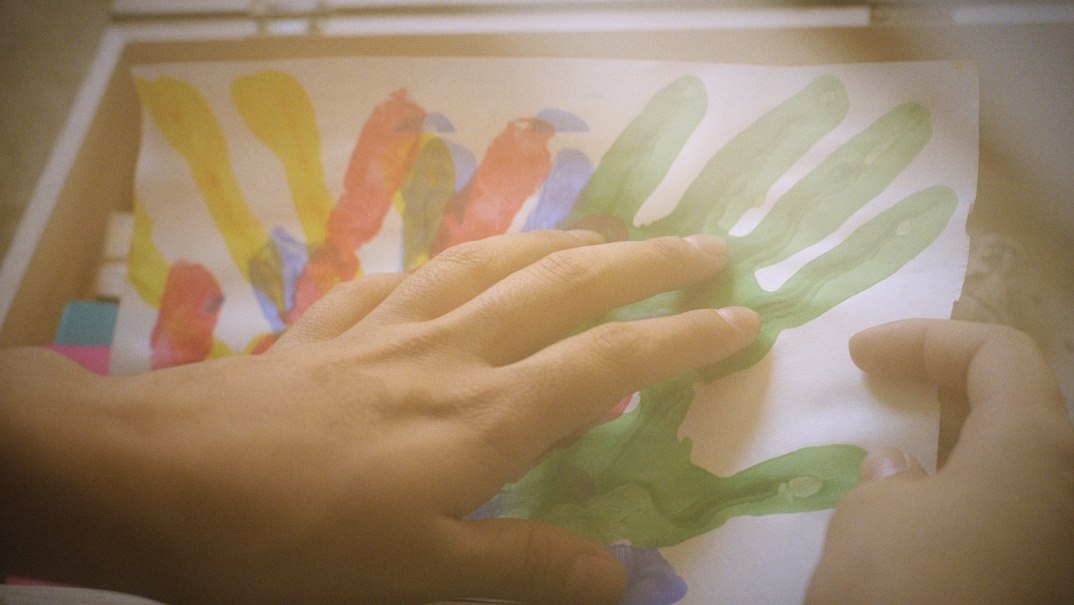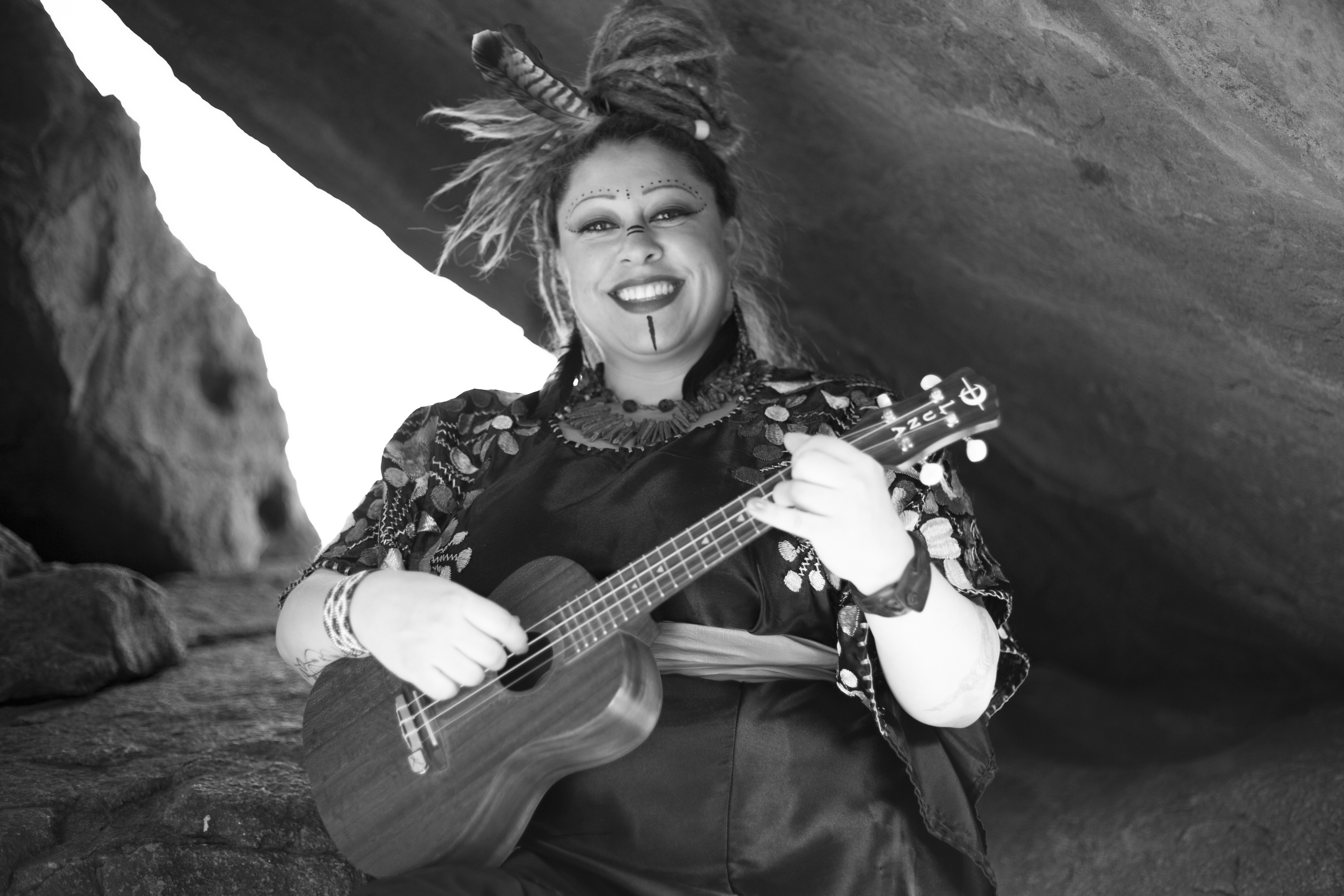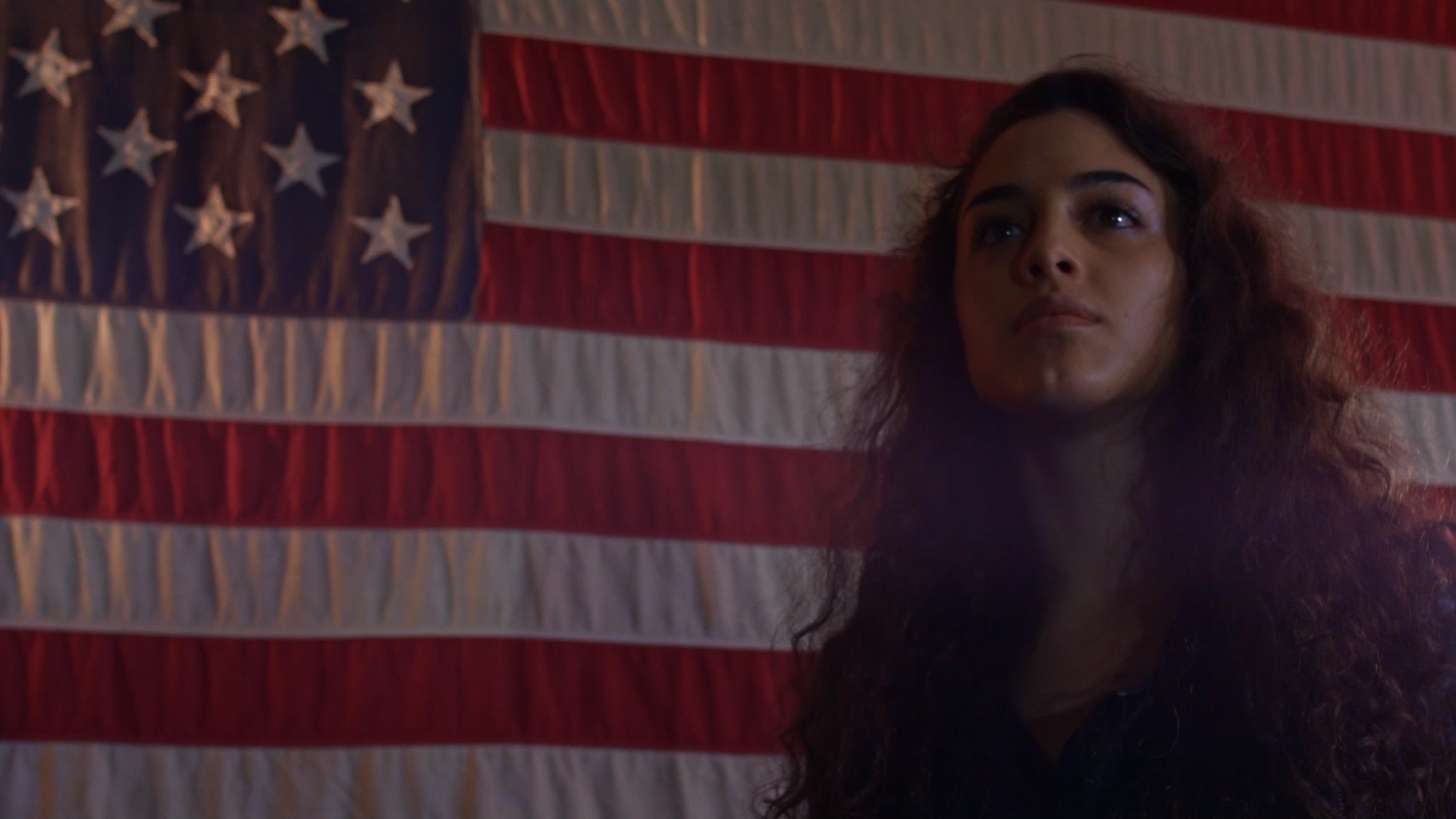When film collective Femme Frontera took their work on the road in August of 2016, it was a celebration of female filmmakers from the U.S.-Mexico borderland. But after the presidential election, their films became part of a mission to dismantle the stereotypes of what it means to be from the border.
Made up of six filmmakers, their first showcase of narrative and documentary films covered a wide range of subjects, but are tied to storylines that stem from their Latina roots. “It’s important because we are six different women from similar border regions telling six very different perspectives that are honest, accurate, and not filled with any of the stereotypes that continue to blind the masses,” founder Angie Reza Tures said.
Raised in El Paso, Texas, Tures left the border town to go to college at the University of San Francisco. Away from her predominately Latino hometown, she found a love of film and an appreciation for her heritage. “When I left El Paso, that’s when I began feeling pride for my culture,” Tures said. “Because of those differences that I felt while I was away and the subtle discrimination that I felt, I wanted to come back and create films that abolished a lot of ideas about the border.”
She returned to El Paso, and began working on Memory Box — a narrative short centered around a recently deceased teenage girl coming to terms with her life and death through a Day of the Dead celebration. Once it came time to premiere her short, Tures called a few friends who were working on films to screen them together.

“With Femme Frontera, we created our own DIY approach to distribution, our own means of getting our films out there and our own way to challenge false perceptions about our border region.”
Paired with other films created by Jazmin Harvey and Laura Bustillos Jáquez, Tures saw a theme. While the subjects were completely different, they all had spoke to the character of the region and the power of female filmmaking. She set out to create a showcase, inviting three more friends and colleagues Iliana Sosa, Ilana Lapid and Jennifer Lucero.
They premiered their showcase at the Alamo Drafthouse. Within ten days of its announcement, the screening was sold out. With each film, is a new perspective on immigrant stories.
“There’s a level of vulnerability that each of us were willing to display in our films that’s really resonated with people,” Tures said. “It’s showing a side to our culture that’s dark, tragic, brutally honest at times, but is also very beautiful, poetic and spiritual.”
In Iliana Sosa’s short film Child of the Desert, a grieving military mother and an undocumented immigrant forge a bond despite the barriers between them; Ilana Lapid’s narrative La Catrina provides a different take on death when a farm worker travels to the afterlife following her husband’s death; with Overland, Jazmin Harvey tackles the exploitation of undocumented women; in Undocumented Freedom Laura Bustillos Jáquez attempts to humanize the path to citizenship as she follows 26-year-old Beto on his journey; and in The Appleseed Project, Jennifer Lucero sheds light on female musicians from the borderlands.

“Living on the border, you can see that it’s a place of division, but it’s also a place of connection. It’s this rich place of stories and intersections and bridges,” Lapid said. “There’s a border here, but there are also bridges bringing together the culture that’s shared on both sides. These films come out of that rich landscape, and, taken together, they each reflect off of each other and provide deeper insight and empathy on the issues that we face here in the borderland.”
It’s easy for audience members along the border to connect to the films, but after taking the showcase across the country from Los Angeles to Columbia, South Carolina – Iliana Sosa said it’s usually the audiences that are unfamiliar with the border who have the most powerful reactions to their films.
“It’s funny how post-Trump people have more interest in hearing these stories,” Sosa said. “But we’ve always been here. Yes, we might be different classes and races and genders, but there’s something beyond that. When people come up to us at the end of a screening and tell us that they’ve connected to the films in some way or that it made them think about something differently, it shows that it’s possible to have a connection with someone who doesn’t look like you.”

Coming off the success of their first tour, the group is gearing up for their second annual showcase on September 23 in El Paso. They’ve also begun plans to foster the talent of young filmmakers in the border region.
With a grant from El Paso’s Museums and Cultural Affairs Department, Tures and several of the other filmmakers will be teaching high school-aged students how to write, shoot, edit and distribute films on smartphones and tablets this June and July.
“With Femme Frontera, we created our own DIY approach to distribution, our own means of getting our films out there and our own way to challenge false perceptions about our border region,” Tures said. “It’s about finding a way to tell your story by utilizing the resources that are available to you right now, not when Hollywood is willing to pay for it, which may never come, most especially for minority women filmmakers.”







